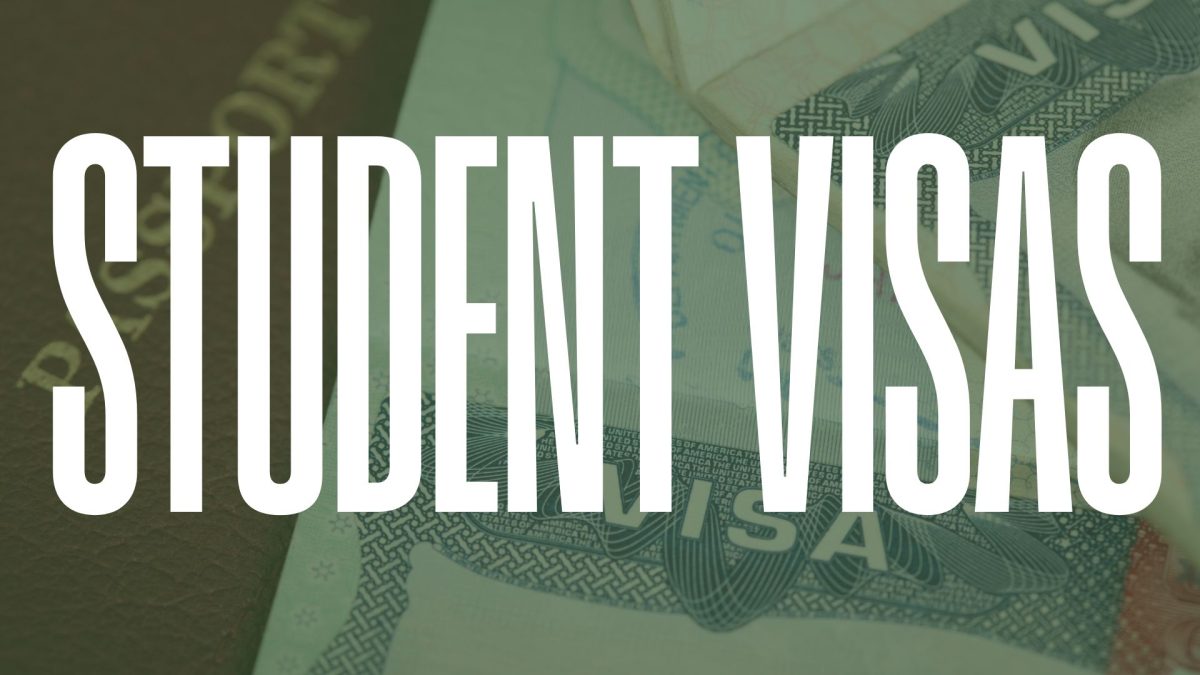By FELICIA CZOSCHANSKI
CONTRIBUTING WRITER

As the fall semester begins, so do the collegiate “new year’s” resolutions. Students flock to the fitness center, entirely convinced that they will have the energy to wake up and work out at an ungodly hour for the rest of the semester. Homework is done within hours of being assigned. Not even a lack of air conditioning can deter students’ determination to make this year the best yet.
However, as we approach the third week of classes, it becomes clear who the complainers are on campus. Apparently the food does not meet the standards of a home-cooked meal, and the incessant security alerts make people want to cancel their Gmail accounts. As far as academic complaints go, many students are frustrated with the language requirement. To me, the last complain is especially disconcerting.
Those who complain about this requirement are naive to the benefits that come with learning another language. By now everyone has heard that learning another language will help increase future job opportunities, obtain a greater awareness and appreciation of another language and culture, and gain the ability to communicate with natives while abroad. However, perhaps the most fascinating and little-known aspect of becoming multilingual is that the languages we learn actually shape the way we think. Therefore, the more languages we are able to comprehend, the broader we are able to expand our awareness of the world. Learning new languages creates the opportunity to form new pathways in one’s brain.
Based on this information, what do you imagine the shape of your own thought processes to be? It takes some creativity to even contemplate the meaning of this question but I encourage you to try it. If you had asked me five years ago, I would tell you that my thoughts were shaped in a pretty straightforward line. This was before I began learning other languages. Since then I have accumulated at least listening and writing fluency in three foreign languages in addition to my knowledge of English. Due to this, the literal and systematic shaping of my thought processes has inevitably been altered.
An intriguing new study in Scientific American shows that language truly does hold the ability to shape one’s thoughts. In this research, an example was shown of a five-year-old girl in an aboriginal community on the edge of Cape York in northern Australia. The lead researcher asked the child to point north. She did so without hesitation, and after checking his compass, the researcher verified her answer. Subsequently, the researcher asked the same question of a lecture hall full of distinguished scientists, and they all pointed in random, unconfident directions. This enormous gap in cognitive ability shown between a toddler and grown intellectuals is entirely due to language ability.
The dialect that the young girl speaks in her community requires her to know her spatial relationship at all times, thus ensuring that she will always be fully aware of her surroundings. Quirks such as those found in this eccentric dialect are found in all languages. Therefore, though it is no simple task to become multilingual, especially simultaneously, it provides benefits that are inevitably useful and increase one’s intelligence and knowledge about the world. By creating new pathways within one’s brain, one’s knowledge capacity is expanded and thus one’s thought processes become more attuned to picking up new information about the world and one’s life.
Therefore learning a new language becomes more than just a new set vocal symbols, accents, and grammatical rules. It allows one to know one’s exact surroundings, understand how to pick up on the differences between two seemingly similar situations or events and become attuned to having the fullest life experience possible.
All students partaking in the language requirement should be grateful for the opportunity. Fluency is not necessary to reap the benefits that comes with learning a new language. Quite honestly, all students who are interested in making the most out of their higher education should seriously consider investing time in learning new languages. Research has proven that this skill imparts different cognitive abilities, including increased awareness in aspects of space and time.
Learning new languages is like the imprinted pathway that the ocean waves leave on the sand around the jetty, and fortunately the opportunity to grasp it is present at this university. All one has to do is find the tenacity to reach for it.
Felcia Czoschanski, FCRH ‘17, is from Metuchen, NJ..





































































































































































































